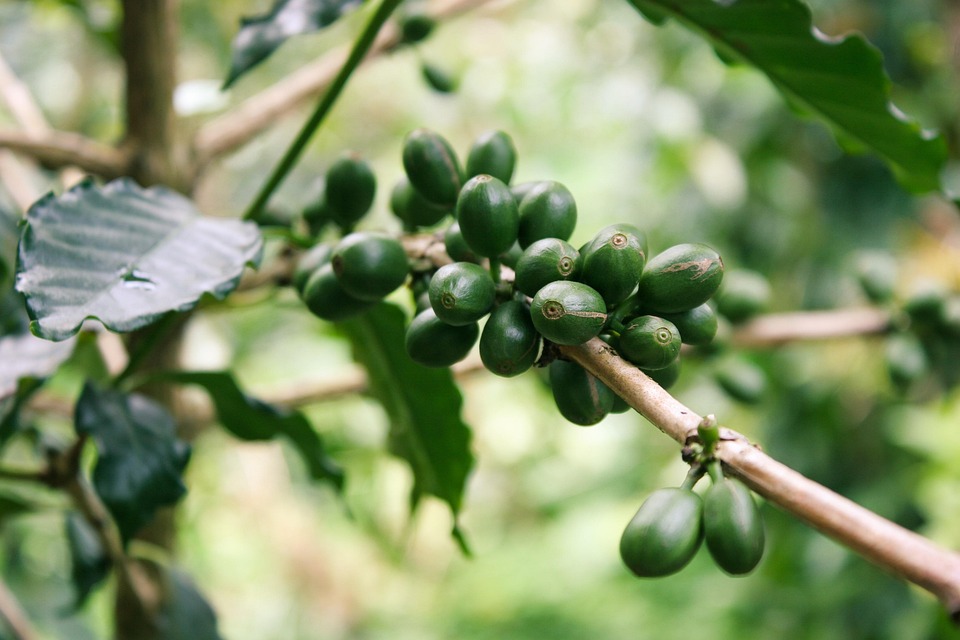Navigating Coffee Export Customs: Essential Guidelines for International Traders
As the global demand for coffee continues to surge, international trade in coffee beans grows more complex. Exporters face numerous challenges, not least of which is navigating the intricate web of customs regulations. Understanding the customs processes involved in coffee exports is essential for ensuring smooth operations and avoiding costly delays or penalties.
Understanding International Coffee Trade Regulations
The coffee trade is governed by various international agreements and regulations. Exporters must familiarize themselves with the World Trade Organization (WTO) rules, regional trade agreements, and the specific regulations of the importing countries. Each country has its own set of regulations that impact customs clearance, quality control, and tariff classifications.
Preparing Documentation
Proper documentation is a critical aspect of exporting coffee. Exporters typically need the following documents:
- Commercial Invoice: A detailed bill for the goods sold, including the quantity, price, and terms of sale.
- Packing List: A document that provides information about the packing materials and weights.
- Certificate of Origin: A declaration that the coffee beans were produced in a specific country.
- Bill of Lading: A legal document between the shipper and carrier that serves as a receipt and contract for the transportation of goods.
- Phytosanitary Certificate: A document issued by the exporting country’s plant health authority, certifying that the coffee is free from pests and diseases.
Understanding Tariffs and Duties
Tariffs and duties can significantly affect the cost structure of coffee exports. Different countries classify coffee under various tariff codes, which can impact the rate of duties applied. Exporters should research the tariff rates applicable to the destination country by consulting the Harmonized System (HS) codes related to coffee. It’s crucial to factor these costs into pricing strategies to maintain competitiveness in the market.
Quality Control and Standards
Quality standards play a vital role in coffee exports. Importing countries often have stringent health and safety regulations to protect consumers. Coffee beans must meet specific quality criteria, which might include testing for mold, mycotoxins, pesticide residues, and other contaminants. Familiarize yourself with these standards to ensure compliance and avoid rejection at customs.
Selecting the Right Freight Forwarder
A reputable freight forwarder can be a valuable ally in navigating the complexities of coffee exports. They can assist with logistics, customs clearance, and documentation. When choosing a freight forwarder, consider their experience in handling coffee shipments and their knowledge of the regulations specific to your target market.
Preparing for Customs Inspections
Customs inspections are standard practice for most international shipments. Exporters should be prepared to showcase all required documentation and may be asked to provide samples for inspection. Understanding the likelihood of inspections in both the exporting and importing countries can help you be better prepared.
Utilizing Technology for Efficiency
Leveraging technology can streamline the export process. Online systems for customs declarations, cargo tracking, and document management can significantly reduce delays. Many countries have implemented automated processes that allow exporters to submit required documentation electronically, making it easier to navigate customs procedures.
Building Strong Relationships with Authorities
Establishing a good rapport with customs authorities can facilitate smoother transactions. Engaging with local customs officials and staying informed about changes in regulations can lead to better compliance and faster processing times. Networking with other exporters can also provide valuable insights into best practices and potential pitfalls.
Coping with Common Challenges
Exporters often encounter various challenges, including:
- Changing Regulations: Customs regulations can change frequently, requiring exporters to stay updated.
- Documentation Errors: Mistakes in documentation can lead to delays and penalties.
- Fluctuating Tariffs: Changes in tariff rates can impact profitability.
- Logistics Delays: Delays in transportation can affect delivery schedules and product freshness.
Conclusion
Navigating the intricacies of coffee export customs can be challenging, but with the right knowledge and resources, exporters can streamline their processes. Understanding regulations, preparing the necessary documentation, and working with experienced partners are all key strategies in overcoming obstacles. For more detailed insights into the logistics of coffee export, consider exploring additional resources, such as Modern Coffee Export Logistics. By being proactive and informed, traders can ensure a successful and profitable coffee export business.
FAQs
1. What documents do I need for exporting coffee?
You typically need a commercial invoice, packing list, certificate of origin, bill of lading, and phytosanitary certificate among other documents.
2. How can I find out the applicable tariffs for coffee exports?
Research the Harmonized System (HS) codes for coffee in both exporting and importing countries to determine applicable tariffs.
3. What role does a freight forwarder play in coffee exports?
A freight forwarder assists with logistics, customs clearance, and paperwork, facilitating smoother shipping processes.
4. How can I ensure my coffee meets quality standards?
Stay informed about the quality requirements of the importing country and conduct necessary testing before shipping.
5. What should I do if my shipment is delayed at customs?
Contact your freight forwarder to understand the cause of the delay and expedite the necessary documentation or inspections to resolve the issue.





